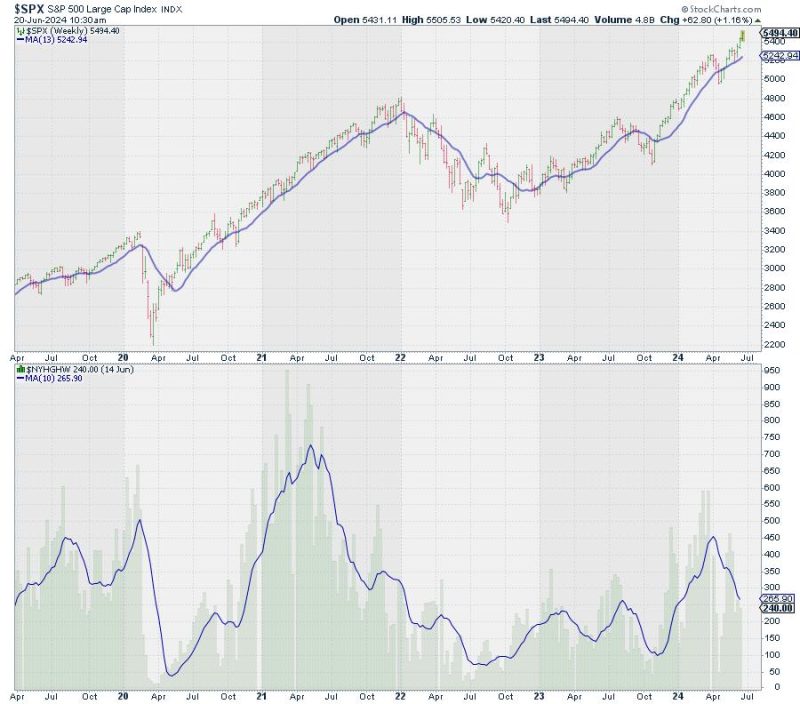The article discusses the pros and cons of paying a high price for luxury items, focusing on watches as the prime example. Luxury watches have long been a status symbol and a marker of success. Their craftsmanship, materials, and brand recognition contribute to their high price tags. However, the question arises – is the high price worth it in the long run?
To understand whether the price pays off in the long term, it is essential to consider several key factors. One crucial aspect is the brand value associated with luxury watches. Brands like Rolex, Patek Philippe, and Audemars Piguet have established themselves as industry leaders known for their quality and craftsmanship. Owning a watch from one of these prestigious brands can boost one’s social standing and reflect a sense of accomplishment.
Moreover, luxury watches are often crafted using high-quality materials such as gold, platinum, and diamonds, enhancing their aesthetic appeal and intrinsic value. The intricate detailing and precision engineering that go into making these timepieces add to their premium pricing. In this context, purchasing a luxury watch can be seen as an investment that retains or even appreciates in value over time.
On the flip side, the article also delves into the potential downsides of paying a premium for luxury goods. One primary concern is the depreciation of the item’s value once it is purchased. Unlike real estate or certain collectibles, luxury watches may lose value over time, especially if newer models are released or consumer trends shift. This depreciation can be a significant consideration for those who view luxury purchases as financial investments.
Additionally, the maintenance costs associated with luxury watches can also add up over time. Servicing, repairs, and keeping up with the latest technological advancements in watchmaking can incur substantial expenses beyond the initial purchase price. For some buyers, the ongoing costs of ownership may outweigh the initial allure of luxury and exclusivity.
In conclusion, the decision to pay a high price for luxury items, such as watches, is a subjective one that depends on individual preferences, financial circumstances, and long-term goals. While luxury goods can offer prestige, quality, and aesthetic appeal, they may also come with drawbacks such as depreciation and maintenance costs. Ultimately, whether the price pays off in the long run is a personal choice that each consumer must carefully weigh.

